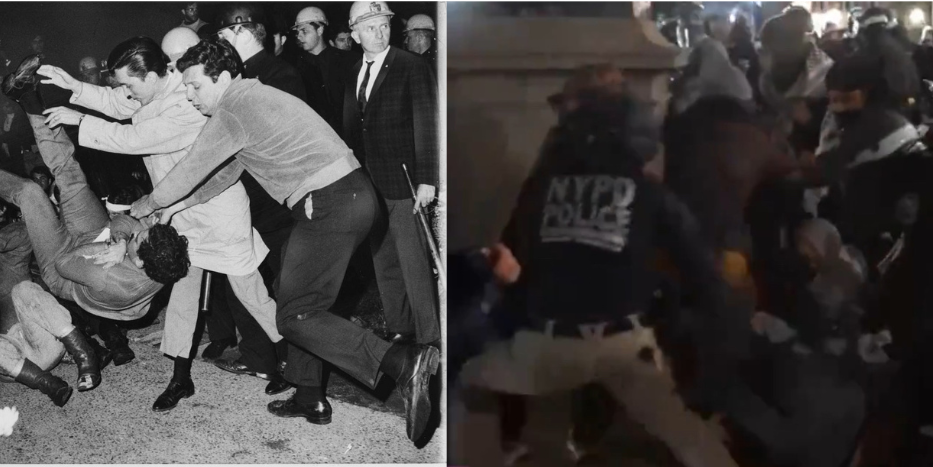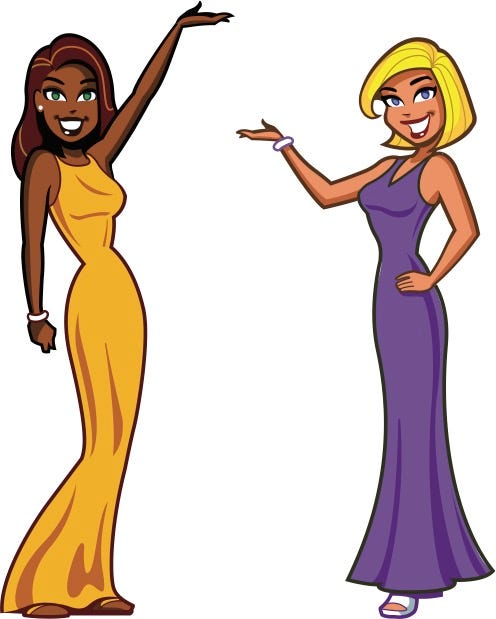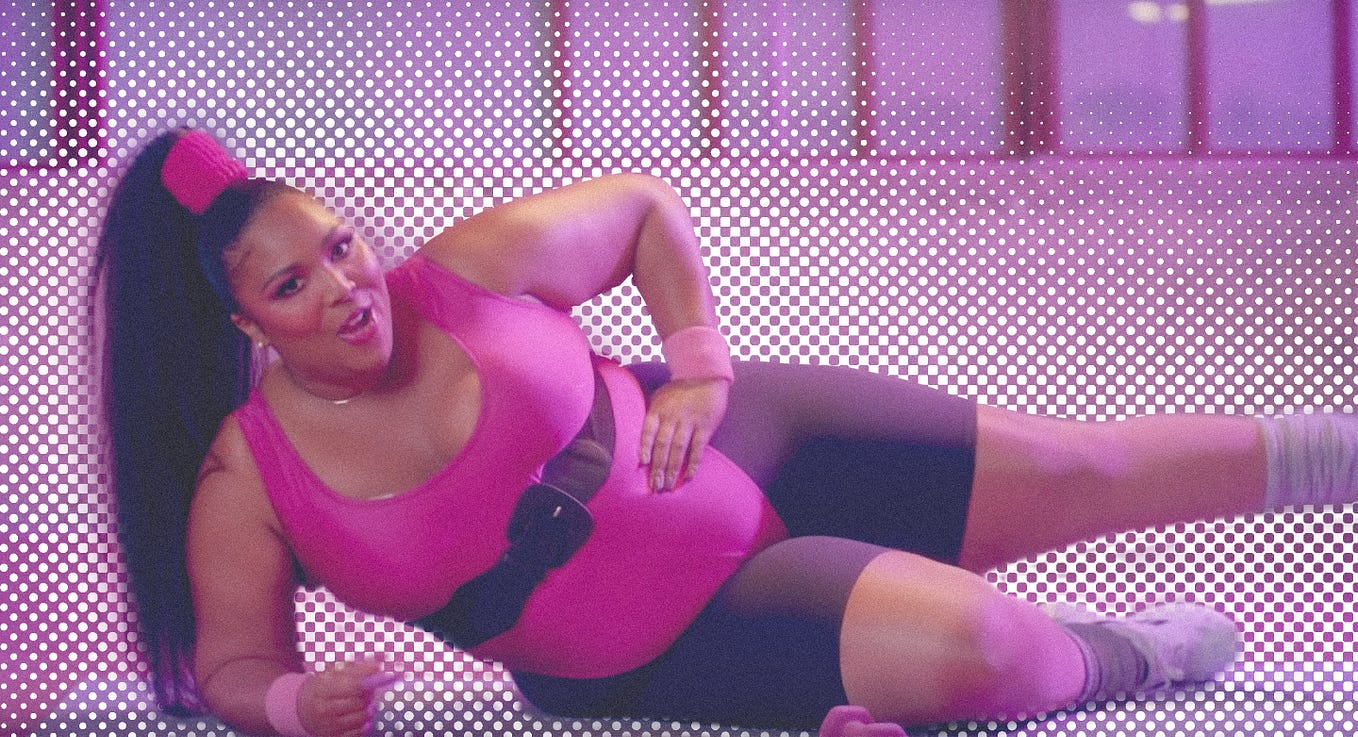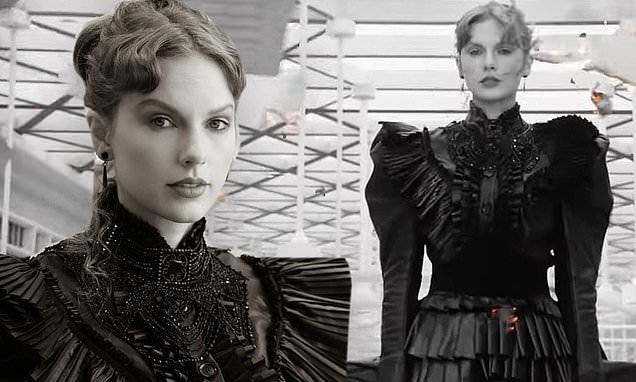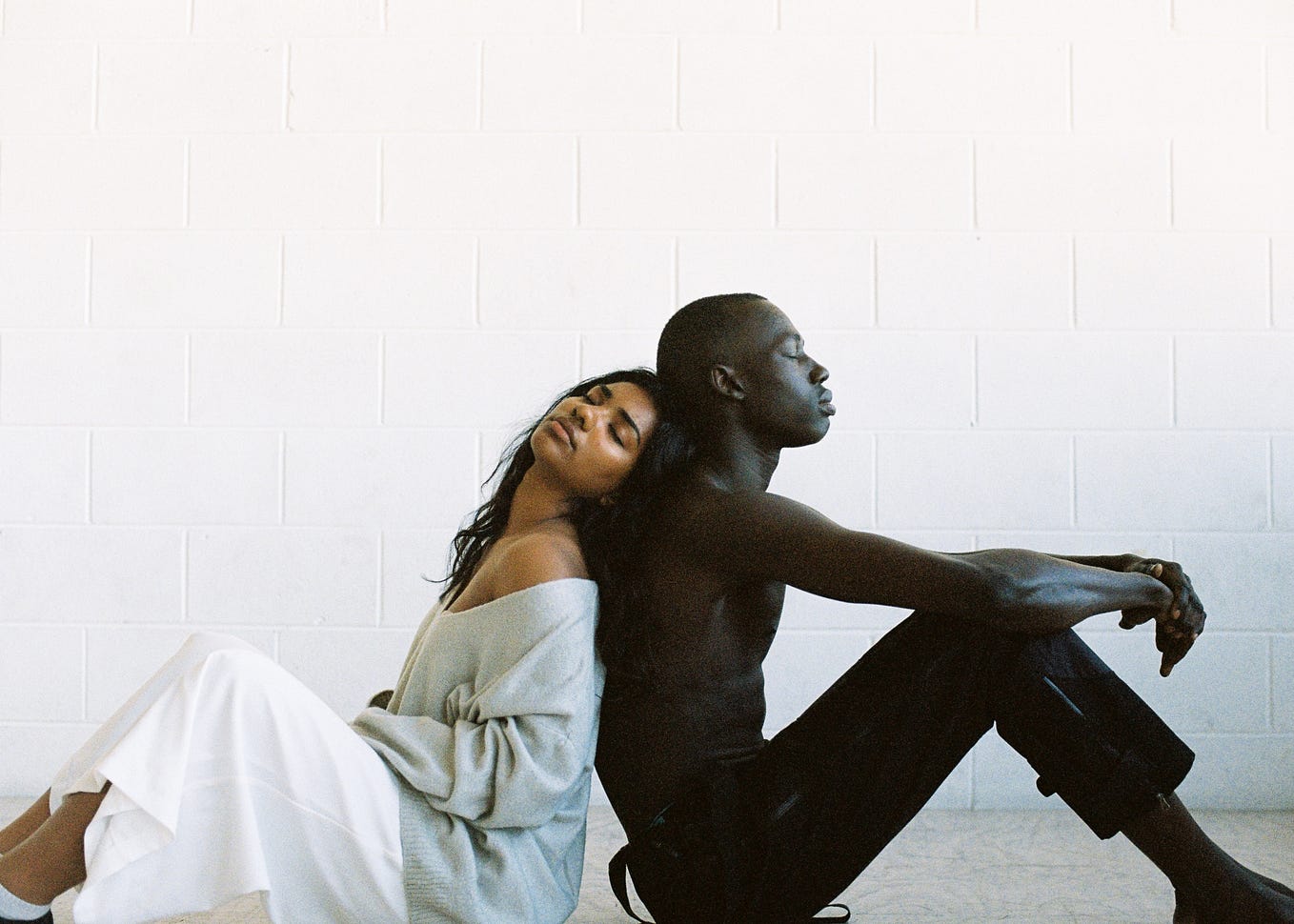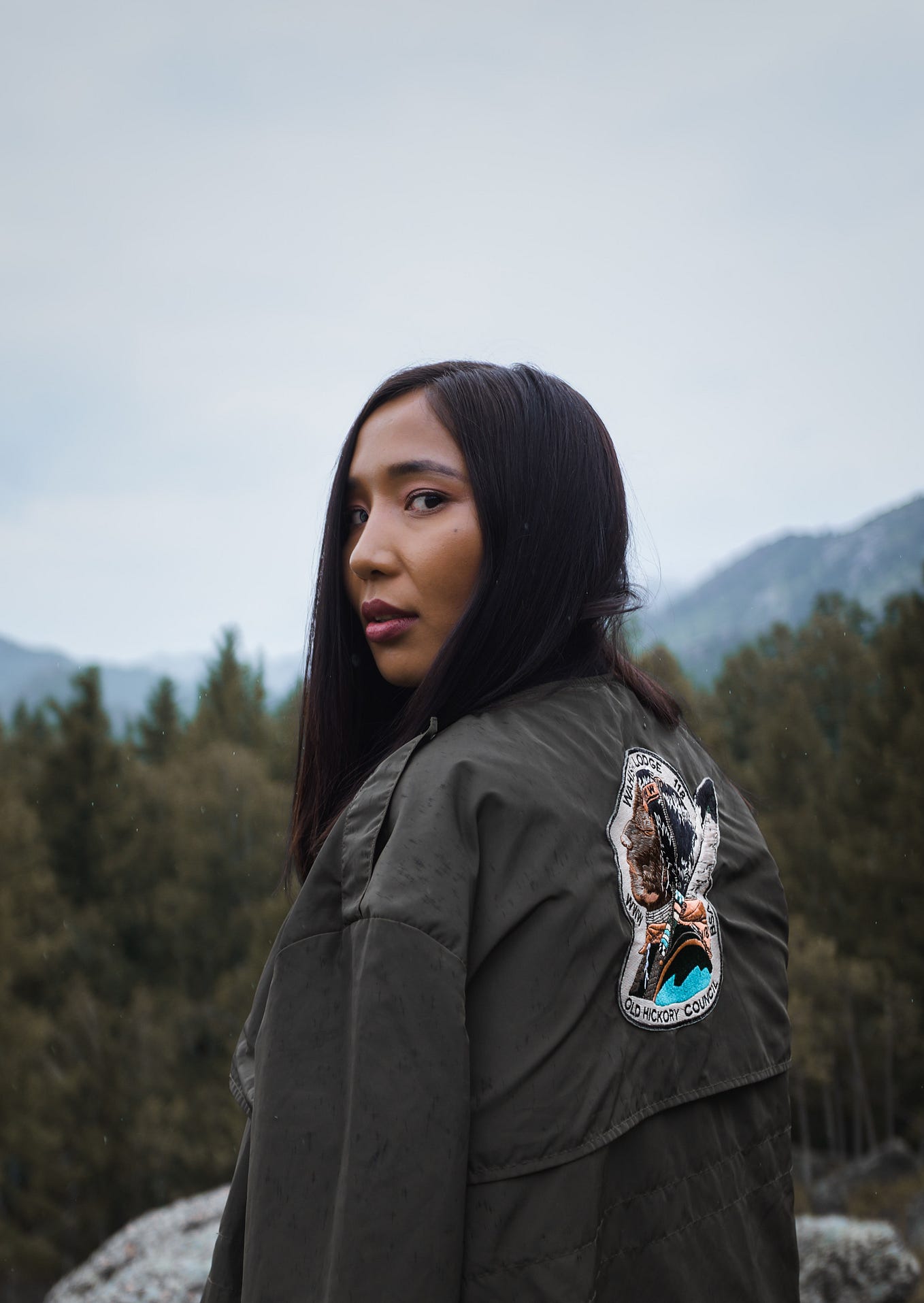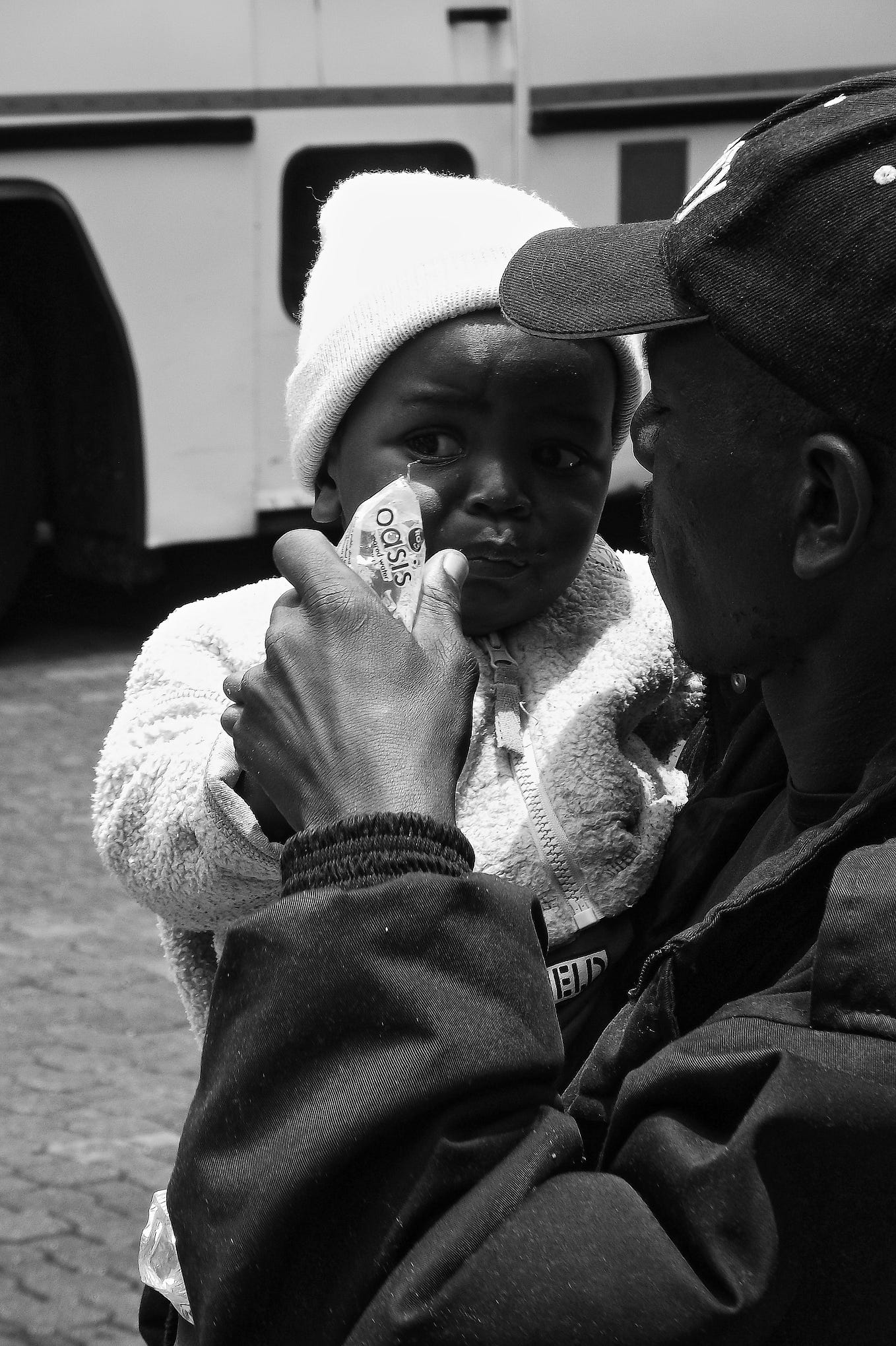The Invisible History of Plus-Sized Black Women In Music
Before women like Lizzo and Brittany Howard were getting their shine, Martha Wash and others before them struggled to be properly credited
 While Martha Wash may not be a household name, the San Francisco native’s dynamic pipes are instantly recognizable to musicophiles. During her ’80s and ’90s heydays, Wash was bestowed with the moniker “The Queen Of Clubland,” thanks to a staggering accumulation of 12 #1 singles on the Billboard Dance Charts, and one #1 on the Hot 100. Originally a member of funk superstar Sylvester’s background duo, the cheekily named Two Tons O’ Fun, Wash — along with the late Izora Armstead — rose to fame during their transition into The Weather Girls, who garnered a Grammy nomination in 1983 for their soulful, post-disco cult hit “It’s Raining Men.”
While Martha Wash may not be a household name, the San Francisco native’s dynamic pipes are instantly recognizable to musicophiles. During her ’80s and ’90s heydays, Wash was bestowed with the moniker “The Queen Of Clubland,” thanks to a staggering accumulation of 12 #1 singles on the Billboard Dance Charts, and one #1 on the Hot 100. Originally a member of funk superstar Sylvester’s background duo, the cheekily named Two Tons O’ Fun, Wash — along with the late Izora Armstead — rose to fame during their transition into The Weather Girls, who garnered a Grammy nomination in 1983 for their soulful, post-disco cult hit “It’s Raining Men.”
Although she had a strict, gospel-heavy childhood, her teenage rebelliousness found her “sneaking 45s” of rock, R&B, and big band artists into her backpack. “I learned to appreciate different genres of music, you know, and that kept me going,” Wash, now 66, tells ZORA of exposing herself to various styles, which likely contributed to her versatility. She’s provided background vocals from rock singer-songwriter Bob Seger (“Like a Rock”) to the Queen of Soul herself, Aretha Franklin (“Freeway of Love”).
Her steady rise as a musical force to be reckoned with continued in the early ’90s, when she started recording demos for The Weather Girls’ musical director David Cole, while he worked as one-half of a new production duo called C+C Music Factory. However, these demos started a chain of events that would alter the course of the powerhouse’s career.
Wash’s full vocals were featured on “(You’re My One and Only) True Love” by then-girl group Seduction, for whom Cole was producing. Although her showstopping pipes were front-and-center, she was only credited as a “backing vocalist” on the track. Soon after, she was called to record with Italian house group Black Box for their debut album Dreamland; she can be heard on the hits “Everybody Everybody” and “Strike It Up,” to name a few. However, she was cast out once again in the album’s liner notes, with no vocal credits to be found.
Even more insulting, the video for “Everybody Everybody” featured French model Katrin Quinol lip-synching to Wash’s vocals. Wash, a plus-sized woman who was bullied for her weight as a child, discovered the falsehood while channel surfing one evening before a show in 1990. C+C Music Factory also enlisted a striking young ingenue named Zelma Davis to lip-sync along to the demos Wash provided for their song “Gonna Make You Sweat (Everybody Dance Now).” Wash says she was initially told that the aforementioned chart-topper was a demo for another artist, and she was again listed as “backing vocals.”
 Despite attempts to negotiate for sleeve credits with C+C Music Factory, Wash was unsuccessful, prompting her to file lawsuits against them, Black Box, and RCA Records for unauthorized use of her vocals on the songs mentioned above, as well as “commercial appropriation” for videos and performances. All lawsuits were settled for undisclosed amounts; A&M Records, the label behind the girl group Seduction, reached an out-of-court settlement with Wash.
Despite attempts to negotiate for sleeve credits with C+C Music Factory, Wash was unsuccessful, prompting her to file lawsuits against them, Black Box, and RCA Records for unauthorized use of her vocals on the songs mentioned above, as well as “commercial appropriation” for videos and performances. All lawsuits were settled for undisclosed amounts; A&M Records, the label behind the girl group Seduction, reached an out-of-court settlement with Wash.
It’s incredible to see that at one point in time, plus-sized women were, more or less, background entities in mainstream music, with the exception of frontwomen like The Mamas & the Papas’ Mama Cass.
Wash’s actions, albeit unintentional, would result in legislation that made vocal credits on albums and music videos mandatory. Additionally, legislation was introduced in New Jersey and New York during this time that required concert promoters to disclose whether or not prerecorded materials would be used on stage.
“I had to take a stand because bottom line is you’re messing with my livelihood, you’re messing with my career, you’re messing with my opportunity. I can’t just blame one entity,” Wash says of the situation.
It’s incredible to see that at one point in time, plus-sized women were, more or less, background entities in mainstream music, with the exception of frontwomen like The Mamas & The Papas’ Mama Cass. With the 21st century’s body-posi wave, full-figured musicians like the genre-bending Lizzo and rock/soul hybrid Brittany Howard are able to be seen, heard, and felt. However, Wash says that the way an artist looks should not negate their skills.
“Why do we have to go through this?” she says of the current social movement. “Why not accept people for who they are? Whoever they are, whatever size they are, whatever color they are…”
After the dust began to settle, Wash released her self-titled debut album in 1993 under RCA Records, which featured two #1 Dance hits, “Give It to You” and “Carry On.” It faired decently on Billboard’s R&B/Hip-Hop Charts, peaking at #42 in 1993, and remaining on the chart for a total of 10 weeks.
 While she and her legal team garnered support within the music community for their landmark efforts, Wash speculates that the industry as a whole “stepped back from dealing with [her],” and notes that her strong LGBTQ following has supported her career every step of the way. She was introduced to her fan base through her work with queer icon Sylvester, and has performed at Pride events all over the country throughout her career, even working with drag queen extraordinaire RuPaul on “It’s Raining Men… The Sequel.” She indicates that her audience is a “full spectrum” of queer fans, but carries a large amount of White and Black gay male supporters in particular.
While she and her legal team garnered support within the music community for their landmark efforts, Wash speculates that the industry as a whole “stepped back from dealing with [her],” and notes that her strong LGBTQ following has supported her career every step of the way. She was introduced to her fan base through her work with queer icon Sylvester, and has performed at Pride events all over the country throughout her career, even working with drag queen extraordinaire RuPaul on “It’s Raining Men… The Sequel.” She indicates that her audience is a “full spectrum” of queer fans, but carries a large amount of White and Black gay male supporters in particular.
Under her own label Purple Rose Records, Wash released her third solo project, Love & Conflict, on January 6, 2020. The album is a departure from the dance tunes that ignited her career, in favor of songs leaning toward R&B, blues, rock, and “a little bit of psychedelic.”
“I’m a little bit more settled in the things that I like and want to hear,” she explains. “I want to be able to do any kind of music that I feel like I want to do… You may not end up liking it, and that’s okay too, but I think as artists, we should be allowed to experiment and grow and try all the things that we want to do.”
When she’s not recording, she’s performing with “First Ladies Of Disco,” a rotating lineup of legacy artists such as Evelyn “Champagne” King and Norma Jean Wright singing hits from the ’70s all the way up until today; their show hits the road this month. Within her musical extracurriculars, she also finds time to produce FLOD Spotlight magazine, which highlights legacy artists and performers on their lives today, such as American Idol’s Kimberley Locke and Soul Train dancer Shabba Doo.
Martha Wash never let any issues she found herself entangled in slow her down, in fact, she says she’s “working more now than [she] ever thought [she] would.” As lyrics from her song “Soaring Free” off of her latest album say, “There’s a path on the journey, and the trails don’t always turn right, but I will keep on moving.”
“In life, you’re going to get those highs and those lows, but don’t let it take you out,” Wash tells ZORA of her decades-spanning career. “Find out what you want to do moving forward, whatever it is you think you need to do to move from that place. It may take you a little time, but keep looking forward to a better day, because it’s got to come.”


